Breastfeeding After Breast Cancer
I am a scientist and professor and could lecture all day about the brain, but sharing my personal story is not something I am comfortable with. But if my story can help even one other person it is worth it.
I have a love/hate relationship with my breasts. I have always liked the size and shape of my breasts, but ever since having babies they have been my enemy.
My husband and I always knew we wanted to have children and being the planner that I am, I had the perfect timeline. Unfortunately, after 6 months of trying to get pregnant we had no luck. We faced fertility issues, miscarriage, and then finally two successful pregnancies. For both of these pregnancies I did all the research. As a scientist I loved Emily Oster’s Expecting Better. I did everything that was best for both pregnancies, I did not take any medicine or have caffeine.
And I was fully committed to breastfeeding. But after Willow was born she began losing weight. It was an endless cycle of waking her up, nursing, pumping and finger feeding, appointments with the lactation consultant, weigh-ins, and anxiety over breastfeeding. A few years later my son was much easier. I even texted my husband from the hospital to say “Rowan is a voracious eater!”. In the end I successfully nursed both for 14 months. Although I am happy I breastfed I cannot say I enjoyed it.
A few months after weaning my son I had my annual exam with my midwife and she found a lump in my right breast. I was not concerned as I have dense breasts and after a mammogram the radiologist said in his 40 years of practice this was not cancer. But just to be sure he ordered a biopsy.
Thank god, because a few days later I received the devastating diagnosis of stage II triple negative breast cancer. At my first appointment at Dana Farber I was so upset. My surgeon asked why I was crying and I told her that I just wanted to live. I would do whatever it takes to live. I wanted a double mastectomy today! She laughed and said I would be a good patient because most women cry because they don’t want to lose their hair. The next 8 months were a long road of treatments including two rounds of chemotherapy, surgery, and radiation.
Although we hoped to have more children we thought it was nearly impossible, being 44, struggling with infertility for the first two, and following my treatment. We were pleasantly surprised to find out in January that I was pregnant! Despite being so committed to doing everything right during pregnancy and breastfeeding with my first two, I found it difficult to be perfect this time. I took medicine for nausea and drank caffeine. But most of all I found myself struggling with the idea of breastfeeding again.
I discussed my options with my oncologist and she said that unfortunately it is unlikely that I would be able to exclusively breastfeed. When discussing this with my midwife I also came to the realization that even if I was able to breastfeed, I was nervous about the impact on my mental health. Will I fear the worst when there are the inevitable lumps and bumps during breastfeeding? Although my husband assured me that I did not have to make a decision immediately, I am a planner.
I researched donor milk and formula. Did you know that donor milk is only available if it is medically necessary for the baby? And insurance covers breast pumps, but if you have no breasts it does not cover formula! I was so prepared that I purchased the amazing baby formula Kurig, the Baby Brezza.
I feel selfish and guilty choosing between what is best for my baby and what is best for my mental and physical health. But after the trouble they have put me through, struggling to breastfeed and then trying to kill me, I would really like to just avoid any relationship with my breasts! What both having kids and breast cancer has taught me is to prioritize what is important in life and for me that means putting my mental and physical health first.
We are doing great nursing and pumping one breast and supplementing with donor milk from Mother’s Milk Bank Northeast, a regular donor that I connected with through the Human Milk 4 Human Babies - Maine Facebook group, and from the Third Strand Foundation.
Below are a few resources that I have found useful in planning for breastfeeding after breast cancer as well as supplementing with donor milk and formula.
Support:
Breastfeeding after Breast Cancer Facebook Group
Donor Milk:
Mother’s Milk Bank Northeast currently provides Pasteurized Donor Human Milk for babies in the hospital: preterm, NICU, medically fragile babies. With more donors, the Milk Banks can widen their reach for more families.
donate@milkbankne.org
MaineCare and private insurance are both required to cover donor breast milk if the parent and infant (under 12 months) meet specific medical conditions.
The Third Strand Foundation provides donor milk to mother’s who are unable to breastfeed, including those affected by cancer.
Milk Sharing:
Human Milk 4 Human Babies - Maine Facebook group
Eats on Feets Maine Community Facebook group
MBSCs resources on Milk Sharing
Formula:
Bobbie has a program, Bobbie Breasties, that advocates for breast cancer survivors and each year gives formula for a year or 25% discount for breast cancer survivors.
Photo credits of Erika and her newborn: Jennifer Wilkey

